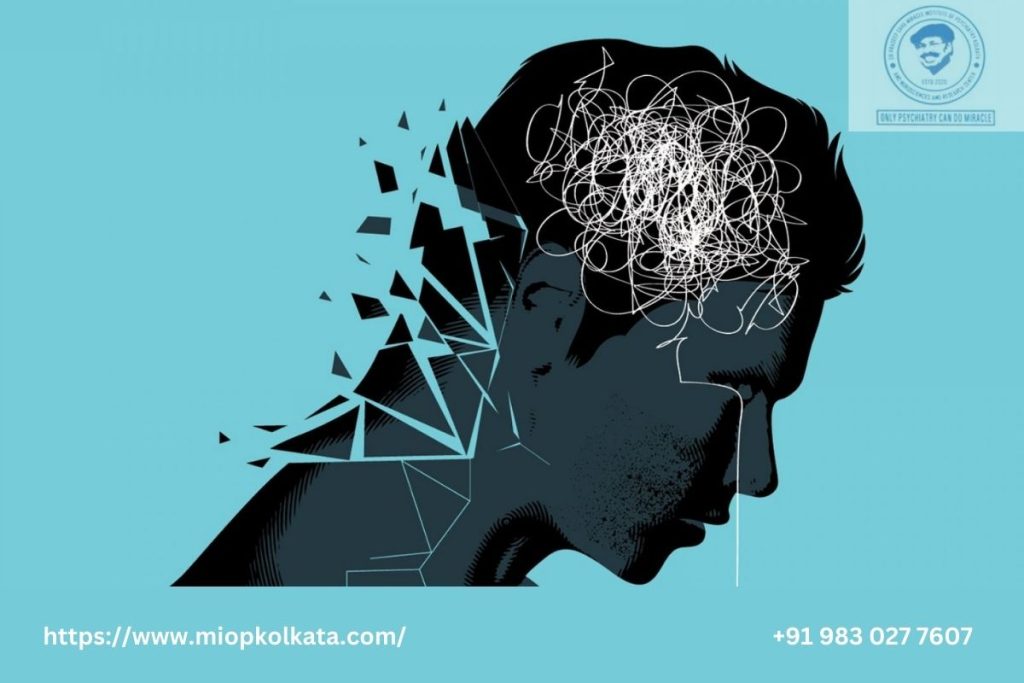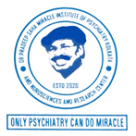Recovering from addiction is a journey that lasts a lifetime and can feel tiring, frustrating, overwhelming, stressful, and lonely at times. However, some skills can make the rehabilitation process more rewarding. Fortunately, many of those skills can be acquired while you’re in a drug rehab center.
The best addiction disorder treatment in Kolkata tells that changing your habits and reshaping your entire life is a challenging task. But if you develop these 5 coping skills, you can make the healing journey less difficult.
Table of Contents:
● What Are Life Skills?
● 5 Powerful Life Skills
● Conclusion
● FAQs
What Are Life Skills?
As explained in a study that published in the International Journal of Preventive Medicine, life skills refer to a set of socio-psychological and interpersonal abilities. They help you communicate effectively, enhance self-management skills, and adopt an active lifestyle.
Robust life skills are vital for social and emotional well-being. Acquiring and honing essential life skills equips those in recovery with the necessary tools to navigate triggers from past addictive behavior, overcome challenges, and make positive choices.
Are you on the recovery journey? Strengthening life skills can truly make a significant impact. According to the World Health Organization, individuals in recovery who focus on enhancing crucial life skills are more likely to achieve long-lasting success in their journey. The best addiction disorder treatment in Kolkata suggests these 5 key life skills.
5 Powerful Life Skills:
Rule 1: Transform Your Life
The key to recovery is not just abstaining from substance use but creating a new life that makes it easier to stay clean. Those who resist change may find that the factors contributing to addiction catch up with them. Embracing recovery as an opportunity for positive change, rather than wishing for the old life, is crucial. Thus, individuals can move forward and find greater happiness than before. It turns the challenges of addiction into an opportunity for personal growth.
Recovering individuals often feel overwhelmed by the idea of change. Understanding that only a small percentage of their lives requires adjustment can be reassuring. Most people face similar problems and undergo comparable changes during recovery.
Examples of Change
● Adjust negative thinking patterns.
● Keep a distance from the people, places, and things associated with substance use.
● Follow the five rules of recovery.
Developing a healthy aversion to the elements linked to substance use demands mental retraining, considering these were once associated with positive emotions. It’s essential to convey that developing a healthy fear is not a sign of weakness but a proactive step toward recovery.
Rule 2: Embrace Complete Honesty
Addiction often involves deception, from obtaining substances to planning relapses. Individuals must confront their lies, both to others and themselves. In recovery, feeling unable to be completely honest may signal an emotional relapse.
Recovering individuals are advised to practice honesty within their “recovery circle,” which includes family, counselors, and self-help groups. The principle of “uncomfortable honesty” within this circle fosters genuine self-reflection and growth. Revealing past lies is generally encouraged, promoting self-honesty while considering potential harm to others.
Rule 3: Seek Help
Initiating recovery independently is a common approach driven by the desire to prove control over addiction. However, joining self-help groups significantly enhances long-term recovery prospects. Combining formal substance abuse programs with self-help groups is the most effective approach.
A variety of self-help groups, such as Narcotics Anonymous and Alcoholics Anonymous, offer valuable support. Active participation provides a sense of community, aids in recognizing addictive voices in others, offers insights into successful coping strategies, and creates a nonjudgmental space. Overcoming objections to joining self-help groups, such as fear of being labeled or discomfort with group settings, often involves cognitive therapy to challenge negative thinking.
Rule 4: Prioritize Self-Care
Understanding why individuals turn to substances—to escape, relax, or reward themselves—highlights the importance of self-care. Despite being vital, self-care is frequently neglected in recovery. Balancing between being too hard on oneself and recognizing the difference between selfishness and self-care is crucial.
Self-care helps prevent exhaustion, resentment, and relapse and provides alternatives to using substances as rewards. Mind-body relaxation, which is recognized for reducing substance use, plays a significant role in recovery. It addresses stress and negative thinking and promotes self-kindness. Integrating self-care practices into daily life is essential to creating a new, healthier lifestyle.
Rule 5: Adhere to the Rules
This rule emphasizes the importance of not resisting change and avoiding self-sabotage by insisting on one’s recovery methods. Seeking professional help and disregarding advice may indicate resistance to change.
It would help if you distinguished between non-users, acknowledging the challenges of using, and denied users, who are unwilling to recognize their addiction’s extent fully. Identifying and moving from prohibited users to non-users is crucial in maintaining recovery.

Conclusion:
Remember, going through a relapse doesn’t mean your drug treatment has failed. Stay hopeful. Reach out to the best drug addiction treatment in Kolkata, have a chat with your therapist, and find out where you are lacking. Once you’re back on track and safe, reflect on what triggered the relapse and what could have been done differently, and use this experience to strengthen your commitment to recovery. You can bounce back and continue your path to a healthier life!
FAQs:
What comprises the 5 foundational elements of drugs?
The 5 foundational elements are.
● Drug Supply Reduction
● Drug Demand Reduction.
● Alternative Development.
● Civic Awareness and Response.
● Regional and International Cooperation.
What Are Life Skills?
Life skills are a set of socio-psychological abilities that help in effective communication, self-management, and adopting a healthy lifestyle.
Why is Strengthening Life Skills Important in Recovery?
Strengthening life skills is crucial in recovery as it equips individuals with tools to overcome challenges, navigate triggers, and make positive choices.

